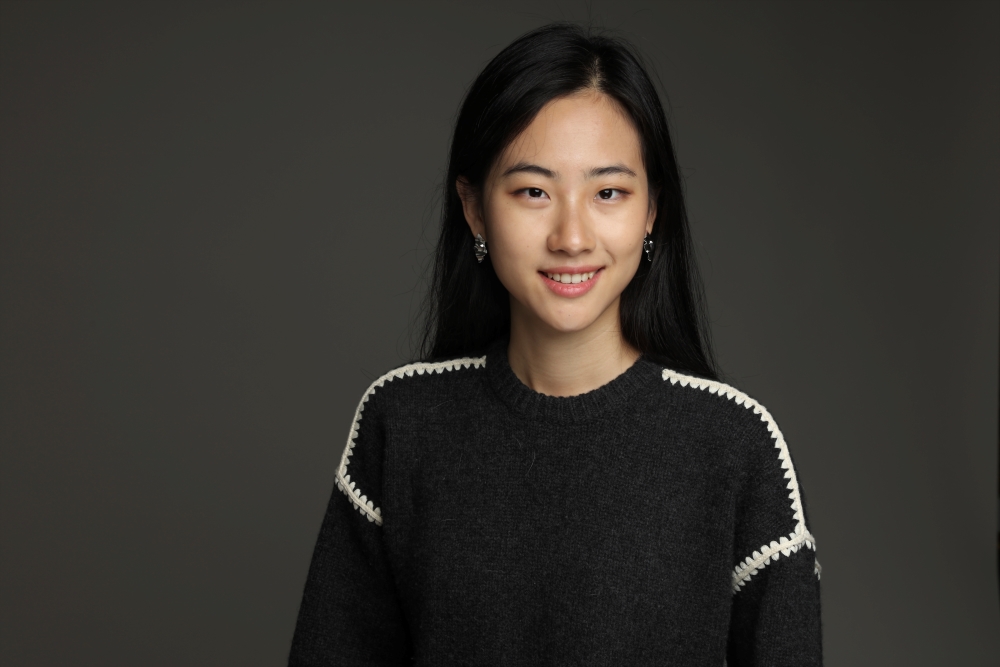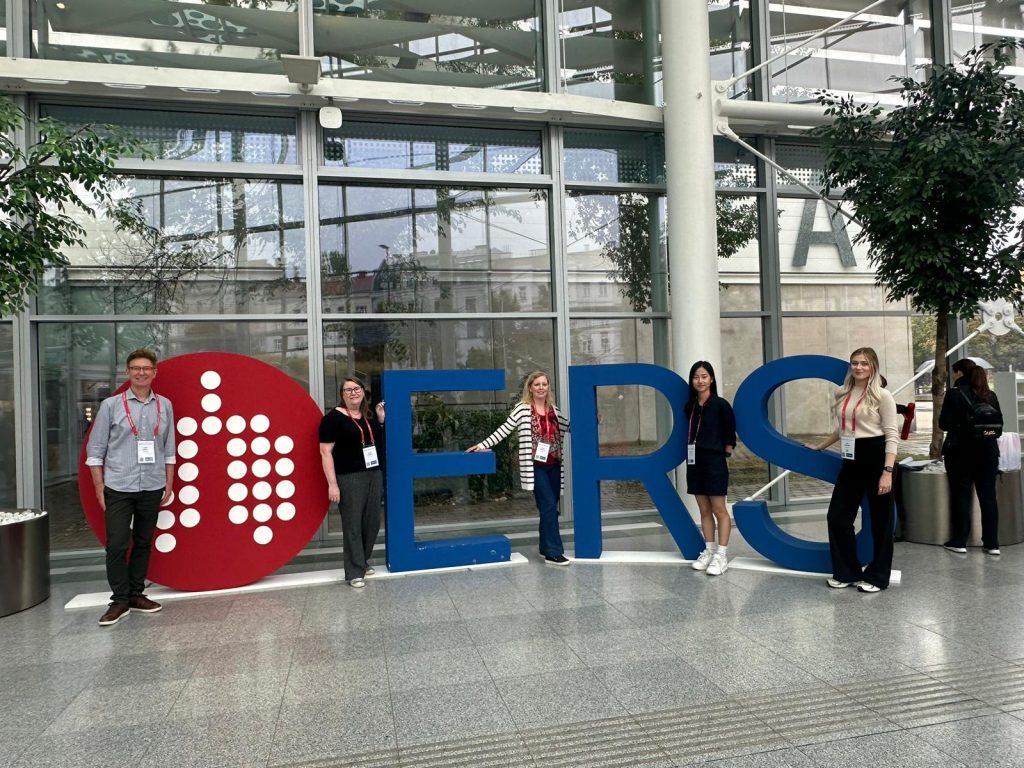“NHLI and Imperial in general, feels like a place where, if you’ve got a question, someone will help you find the answer, and often from a perspective you hadn’t considered.”

Yiling Guo is currently pursuing PhD study at the National Heart and Lung Institute (NHLI). Let’s hear about how her personal experiences inspired and shaped her passion for research.
Can you tell us a bit of your background? What inspired you to pursue a PhD, and how did you choose your specific research topic?
I got into biomedical science because of my grandpa’s emphysema, no cure, lots of frustration, so I thought, why not try to fix it myself? I pursued my BSc in Medical Biosciences at Imperial, where I got hooked on lab work—CRISPR, transfection, stem cells. That’s when I first felt like a proper scientist. That led me to the MSc in Genes, Drugs and Stem Cells—mainly because it had the coolest modules. I landed in the COPD field, just as I had always hoped, and started exploring it from a gene therapy angle.
After my MSc, I met Professor Sir Peter Barnes and Professor Louise Donnelly, who introduced me to the world of senescence. It was mind-blowing. I pitched a PhD project combining senescence with my passion for stem cells, and luckily, they said yes.
So I stayed at Imperial, still chasing answers for emphysema. Just now more mature, with a lot more data, and maybe a little closer to the solution I set out to find.
What has been the most exciting part in your research so far?
The most exciting part? It keeps changing as the project progresses. At first, it was when I managed to isolate AT2 cells (alveolar progenitors) from human lung tissues. Then it was discovering a difference between AT2s from COPD and non-COPD lungs. Then came the moment I saw tiny, bubble-like organoids forming under the microscope. And later, seeing beautifully stained organoids glowing in the dark confocal room—that was something else.
It changes, with lots of tears, and maybe some hard work and joy as well—but tears for sure.
What challenges have you faced, and how did you overcome them?
I consider myself pretty lucky—people around me have been genuinely lovely. But yes, there have definitely been challenges. And I think it’s not just about the PhD; it’s life in general. You constantly have to keep building yourself up—getting stronger, both in the lab and mentally.
Resilience is the key. When rejection or failure comes (and it will), learn to accept it, try to understand why, but not overthink it, and take the lesson forward. Sometimes even rejection isn’t just all bad; it can redirect you to something better, or just give you the push you didn’t know you needed. You need the courage to either keep going and do better next time, or to pivot when needed.
What does a typical day look like for you as a PhD student?
It really depends on what stage of the PhD I’m in, but most days follow a general rhythm. I plan my experiments ahead of time, wake up, eat, head to the lab, and treat myself to an iced coffee as motivation. Then it’s ticking off the to-do list: run experiments, analyse data (ideally on the same day—unless it’s immunostainings, which I analyse while quietly crying).
If I finish early, I write up my lab book at the bench; otherwise, I do it on the tube ride home. Then I revise or make tomorrow’s to-do list, cook dinner (often experimenting with questionable new recipes), eat, do nothing for a bit, sleep—and repeat.

Yiling (second right) with her research supervisor Professor Louise Donnelly (second left) and teammates at the European Respiratory Society Congress.
How has your relationship with your supervisor, peers, or academic community shaped your experience?
I feel like both of my supervisors, Professor Sir Peter Barnes and Professor Louise Donnelly, are like big, encouraging, chill ‘parents’. They keep an eye on the bigger picture, and they’re always there with a hand if I cry or fall too hard. For the rest, they let me go off, explore, make mistakes, and figure things out for myself, which I really appreciate.
There are also many people within NHLI and Imperial who’ve supported me over the years. They’ve watched me grow, offered guidance, and helped create a really positive environment full of passion and ideas.
My peers are a fun, slightly chaotic bunch. As an NHLI PGR rep, I’m proud that we’ve built one of the most organised and active postgraduate communities in the Faculty of Medicine.
All in all, NHLI and Imperial in general, feels like a place where, if you’ve got a question, someone will help you find the answer, and often from a perspective you hadn’t considered.
What’s next for you after the PhD?
I’ve gradually come to realise just how naïve, or maybe how lucky, it would be to fully figure out COPD within the years of a PhD. There is always something new, another piece added to this massive puzzle that scientists and clinicians around the world are trying to solve together.
I’ve found that I actually kind of like research, so I may stay in it and continue working on COPD. There is still so much to learn, and I’d love to keep contributing in whatever way I can.
To learn more about the postgraduate experience at the National Heart and Lung Institute, please visit the NHLI’s Student Profile.